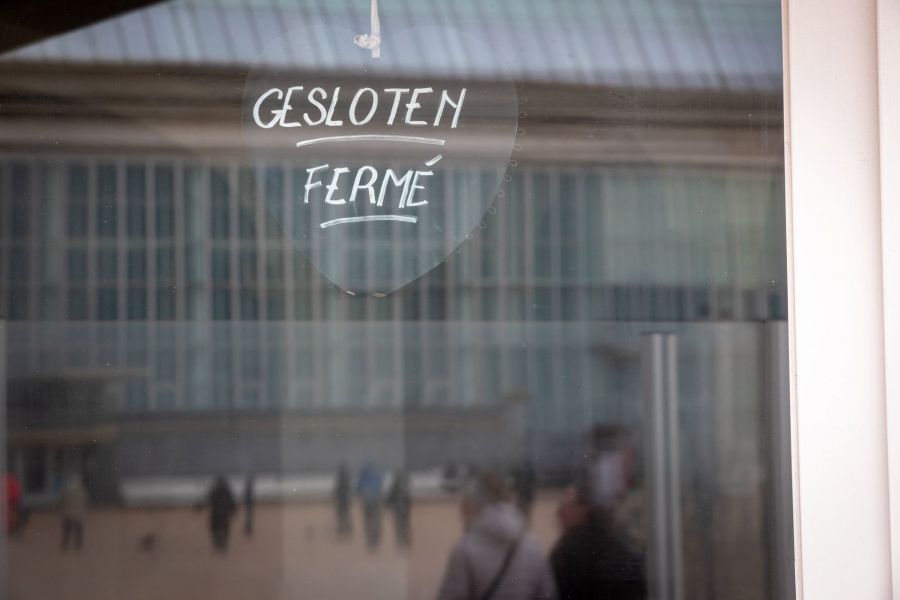A second lockdown in Belgium would entail smaller groups of people rather than the entire country, Interior Minister Pieter De Crem told VRT NWS on Wednesday.
A second lockdown of the scale Belgium has seen is no longer feasible, according to De Crem.
"There are many reasons” not to enter another nationwide lockdown, “but the economic importance plays a big role,” De Crem said.
Related News
- No protection for holidaymakers who break rules abroad, warns minister
- Lisbon's partial reconfinement extended until end of July
De Crem referred to small "clusters," such as municipalities facing an increased number of infections. Those clusters could just as well be certain industries, industrial parks, factories or - in the worst-case scenario - schools, he said.
While there will not be a new nationwide lockdown, “the measures we now have will continue. The reproduction factor is rising. More and more people are infecting each other. We are also seeing a first wave of people coming back from holidays. That could lead to more cases."
"We'll wait for the numbers” to see if any relaxations are possible, De Crem said, adding that it would be addressed on 23 July and that it all depends on “the evolution of the disease."
"More people are being tested. As a result, we see that more people are infected. It's a worrying situation. The best thing we can do to avoid a second wave is to respect the measures", says De Crem.
"The age groups with an increase in the number of cases are the groups between 20-29 and 50-59 years," De Crem said, stating that the increased possibility to have more social contact is at the root of the increase among young people. "Among the people in their fifties, this could be people returning from holidays.”
Belgium wouldn't be the first country to introduce a partial reconfinement. For example, both Spain and Portugal have tightened measures for parts of the country where infections have risen.
The Brussels Times

